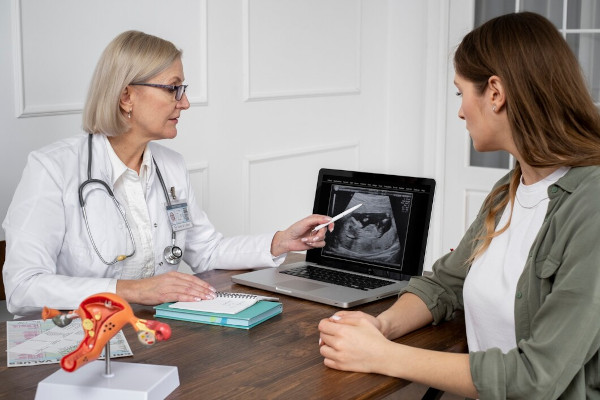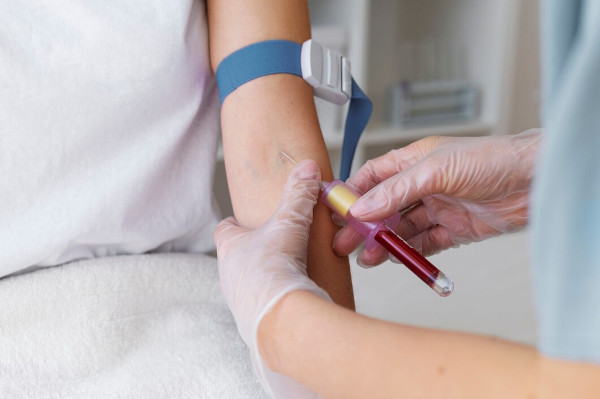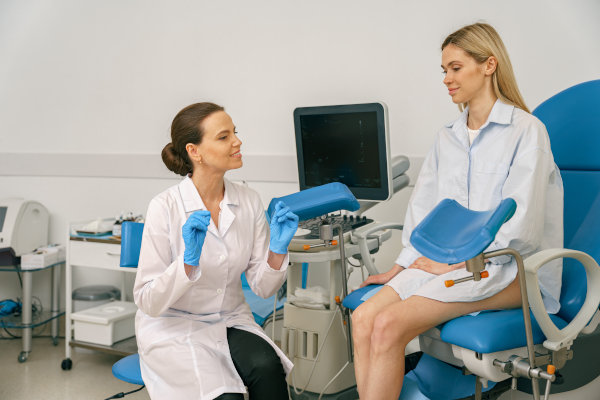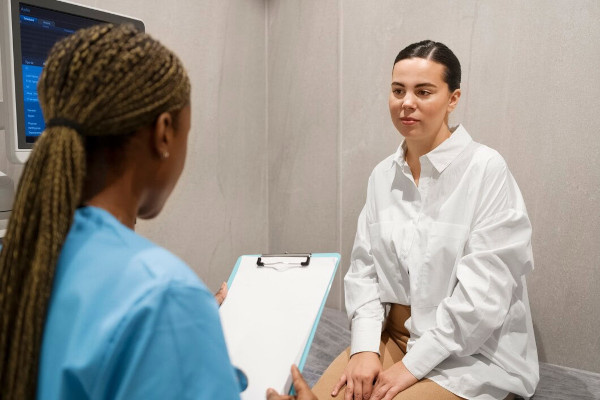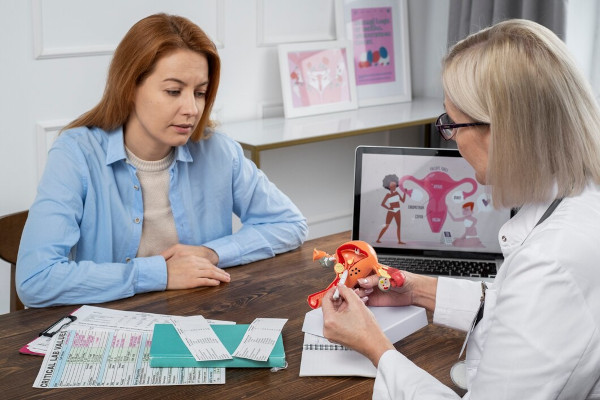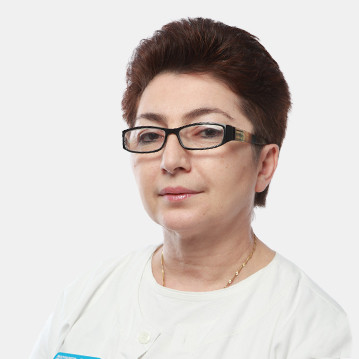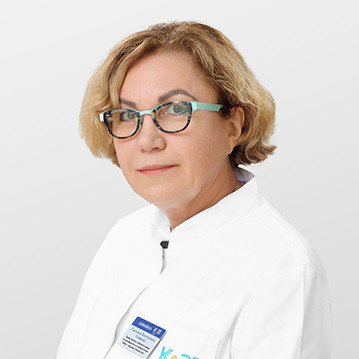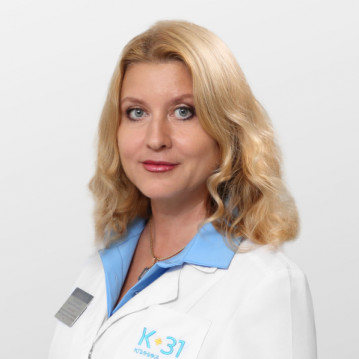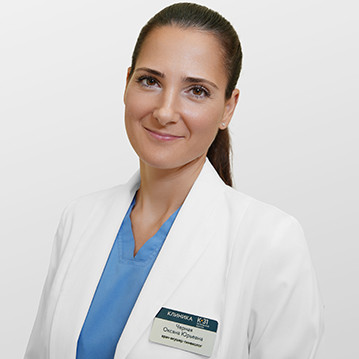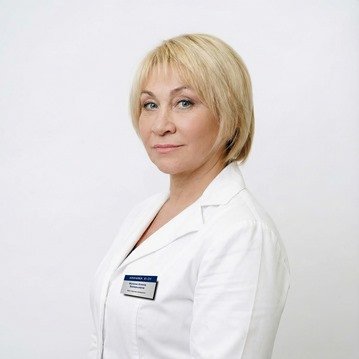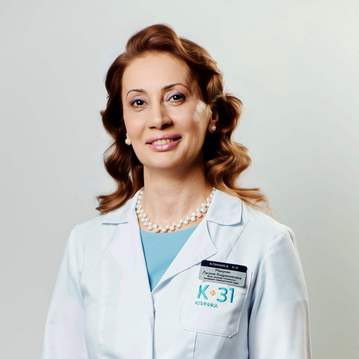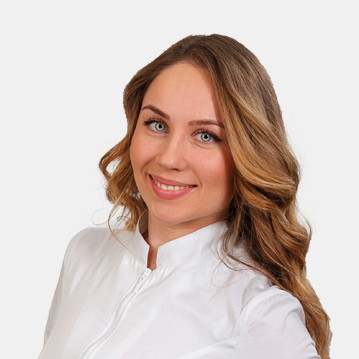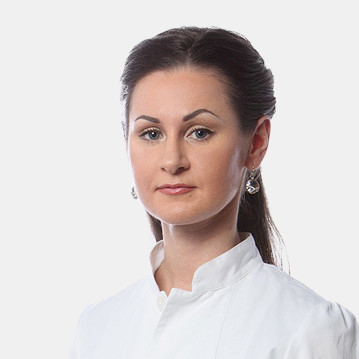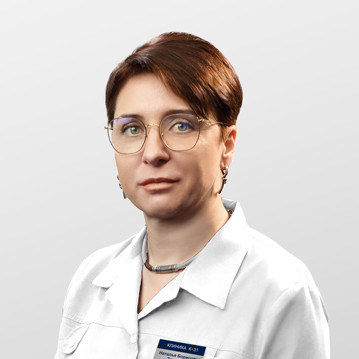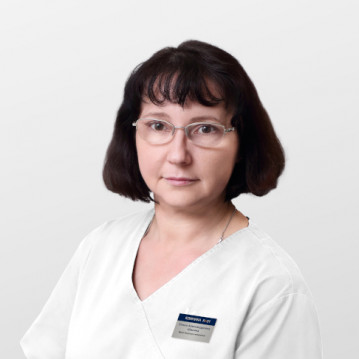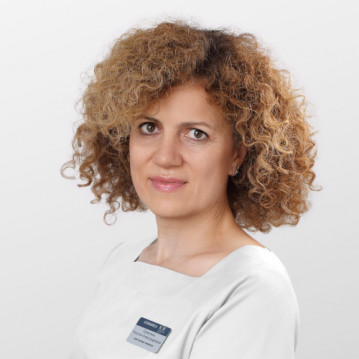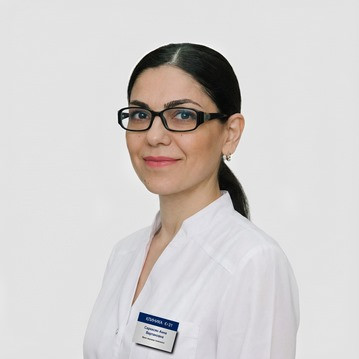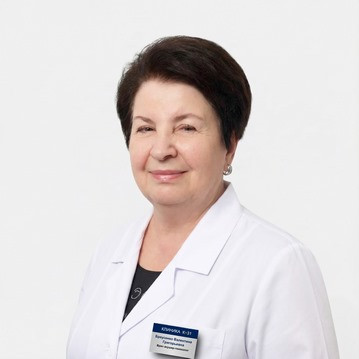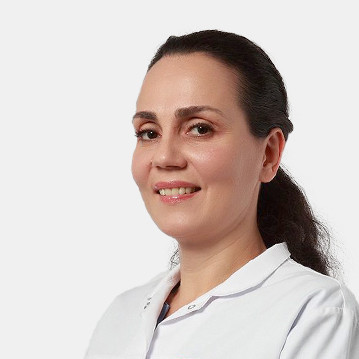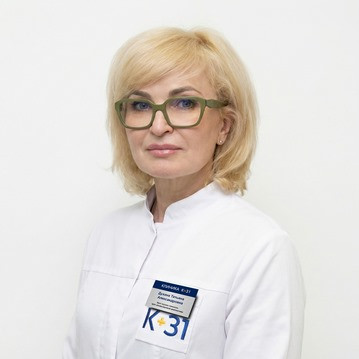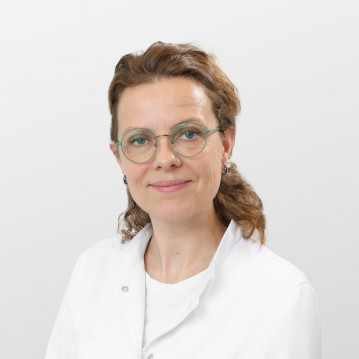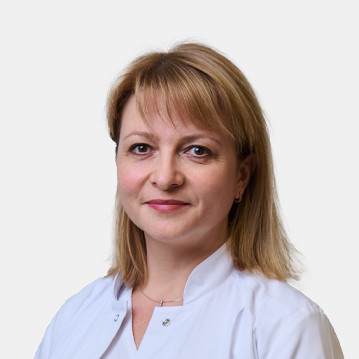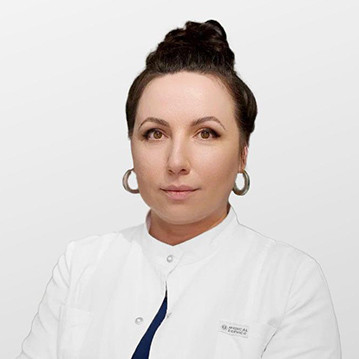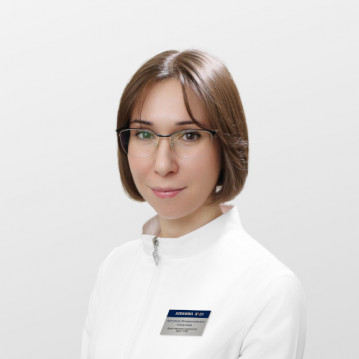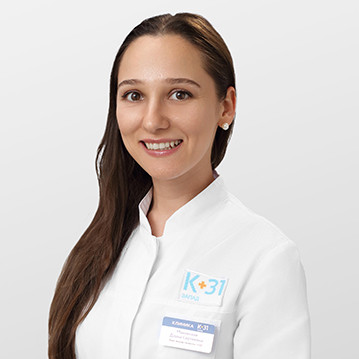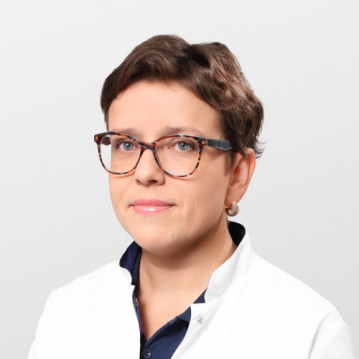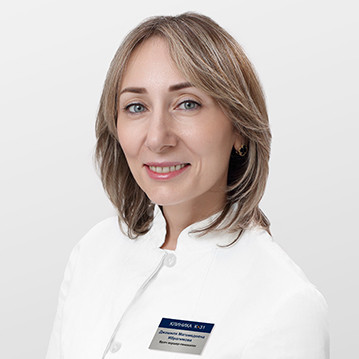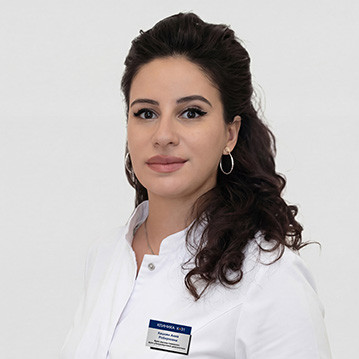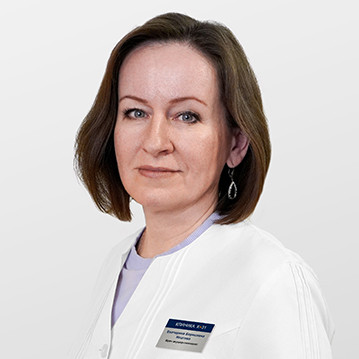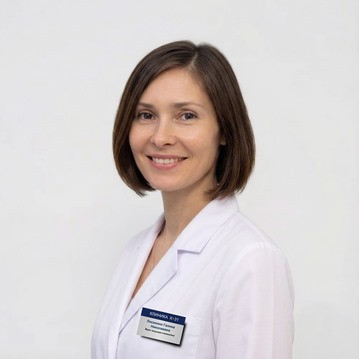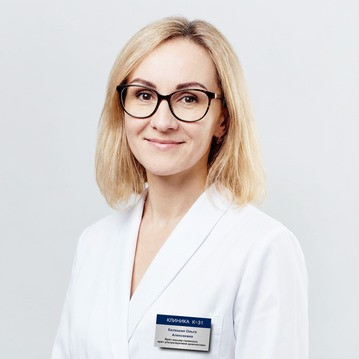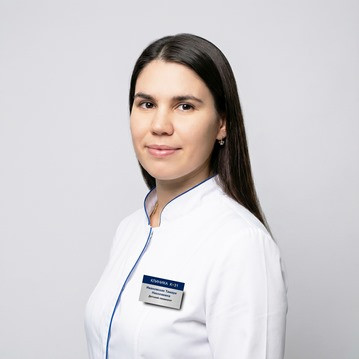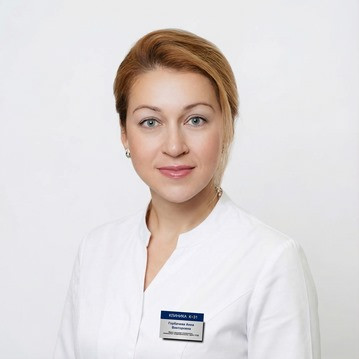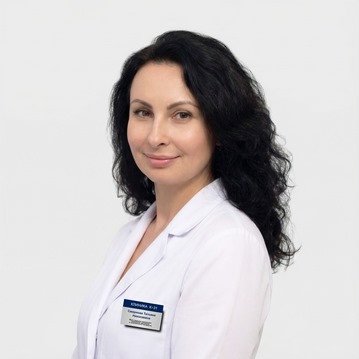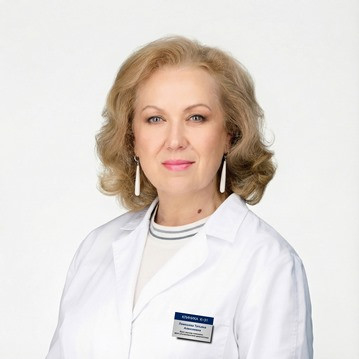Abnormal bleeding

specialists

equipment

treatment
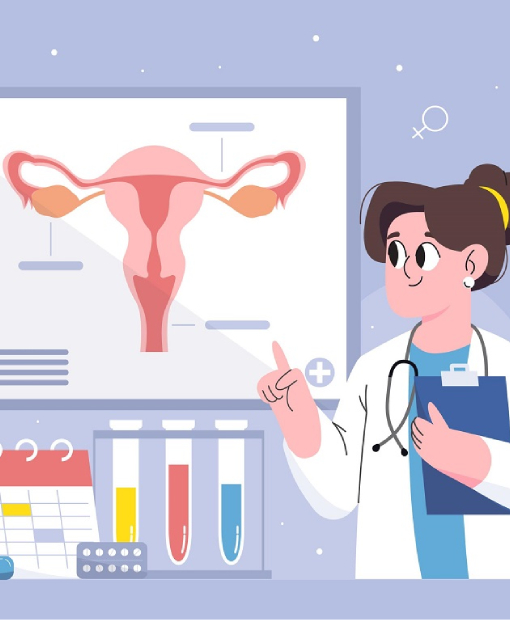
About the disease
The method of treating uterine bleeding in women directly depends on the intensity of the pathology and the general well-being of the patient. If the blood loss is large, then it must be urgently stopped and the body's condition stabilized. Only after this can diagnostic procedures be started. First of all, this is due to the fact that if the bleeding is heavy, it poses a danger to the patient's health and life.
With minor AMC, on the contrary, they first look for the cause of uterine bleeding. For this, they resort to various studies and diagnostic methods. Only then do they develop a treatment regimen. Therapy can be conservative, with the use of drugs (vasoconstrictors, hormonal drugs), but if necessary, they also resort to surgical intervention.
When choosing a method and subsequent adjustment of therapy, the degree of positive effect of drugs, the presence of side effects of treatment, individual characteristics of the patient are taken into account: age, health status, interest in conceiving a child in the future.
Abnormal uterine bleeding usually occurs when the hormonal regulation of the menstrual cycle is disrupted. This problem is most often observed at the beginning of childbearing age and before its completion, when the female body is rebuilt. In order to prescribe treatment, specialists always clearly determine the causes of uterine bleeding in a woman.
At the first signs that abnormal uterine bleeding has begun, we recommend that you immediately seek qualified help. This will help reduce the risk of complications.
Classification of AMC

The typology was developed relatively recently and includes three types of AMC:
- Chronic – observed in the patient for more than six months and does not have a clear periodicity. Bloody discharge can be of varying intensity, blood clots may appear during menstruation
- Acute – bleeding that requires emergency medical care due to large blood loss; may develop as a result of untimely treatment of chronic AMC or for other reasons
- Intermenstrual (IMC) – observed between menstruations and in medicine is called "metrorrhagia"
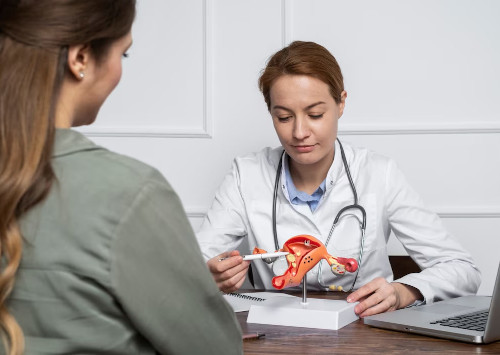
Causes of pathology development
The causes of abnormal bleeding are divided into functional and organic. Most often, pathology develops in the presence of the following concomitant factors:
- Menopause
- Hormonal disruptions leading to a drop in progesterone levels. They can be caused by diseases of the thyroid gland, pituitary gland. Dysfunction in the work of these organs has a negative effect on the state of the reproductive system of women;
- Trauma resulting from mechanical damage to the organs of the reproductive system, for example, if there have been many abortions
- Infectious infections or chronic inflammatory processes in the uterine cavity. Infections are often the cause of intermenstrual bleeding
- Endocrine system disorders affecting the liver and kidneys
- High levels of estrogen that are not balanced by progesterone (typical of thyroid dysfunction), which is especially important for the female body during ovulation
- Fibroids, adenomyosis, uterine polyps, chronic endometriosis with endometrial hyperplasia
- Anovulation or, conversely, ovulatory bleeding, characteristic of the attachment of a fertilized egg to the body of the uterus
- Functional ovarian cyst (appears in the juvenile period aged 13 to 18 years or in the postmenopausal period)
- Diseases that cause blood clotting disorders
- Benign or malignant ovarian tumors
- Ovarian dysfunction
- Cervical cancer
- Ectopic pregnancy (when the fertilized egg is outside the uterine cavity, it can implant in the fallopian tubes, peritoneum, etc.)
- Placental abruption
- Incorrectly selected hormonal contraceptives
Cause abnormal bleeding may be menopause, during which the mucous membranes of the walls of the uterus and vagina are greatly depleted. This is due to low levels of hormone production. If a problem is detected at this age, it is important to urgently undergo an examination by a gynecologist, since bleeding can be a symptom of diseases such as endometrial cancer or a precancerous condition.
Uterine bleeding is also possible during puberty. Often, the disease requires only observation and passes with the establishment of the menstrual cycle.
Indirect causes of AMC include stress at work or at home, overwork and excessive physical exertion, sudden climate change, strict diets or prolonged fasting and taking certain medications.
Types of uterine bleeding by causes

Types of vaginal bleeding according to their origin:
- Dysfunctional uterine bleeding They are caused by hormonal imbalances that affect the menstrual cycle. They most often occur in adolescents during the formation of the hormonal system or in women during premenopause. The causes may include ovarian dysfunction, stress, endocrine diseases. Such hemorrhages are characterized by irregular and prolonged blood loss that exceeds the norm (more than 80 ml per cycle)
- Organic hemorrhages They are caused by pathology in the uterus or adjacent organs. The causes may include uterine fibroids, polyps, endometriosis, tumors. They are characterized by profuse discharge, which is often accompanied by pain in the lower abdomen
- Iatrogenic hemorrhages They occur due to the effects of drugs or medical interventions. The causes are the use of hormonal contraceptives, anticoagulants (blood thinners), or complications after surgery. They are characterized by an unusual duration or excessive volume of discharge
- Hemorrhages associated with pregnancy and childbirth Occurs during pregnancy, childbirth, or the postpartum period. Causes may include ectopic pregnancy, threatened miscarriage, placenta previa. Usually requires immediate medical intervention
First aid for bleeding
If you have uterine bleeding, it is important to seek immediate help from a gynecologist. However, before visiting a doctor, you can take the following steps:
- Take a horizontal position. Lie on your back with your legs raised to improve blood flow to vital organs
- Apply cold to the lower abdomen. Use ice or a cold compress, wrapped in a cloth so as not to cause hypothermia of the skin. This will help reduce blood loss
- Avoid using tampons. It is important not to obstruct the natural outflow of blood
- Drink more fluids. This will help compensate for blood loss and prevent dehydration
- Do not take medications on your own. Especially avoid drugs that affect blood clotting, without a doctor's prescription
Only an experienced professional can determine the true cause of the problem and create a competent treatment plan.
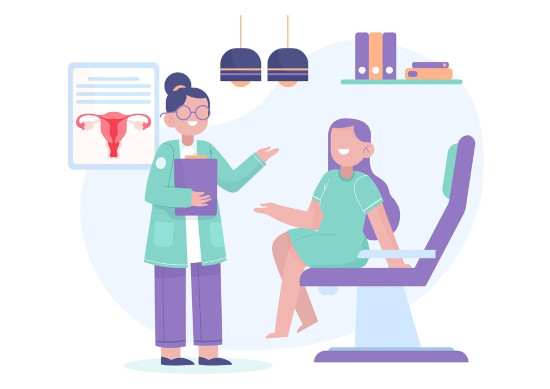
Services

This award is given to clinics with the highest ratings according to user ratings, a large number of requests from this site, and in the absence of critical violations.

This award is given to clinics with the highest ratings according to user ratings. It means that the place is known, loved, and definitely worth visiting.

The ProDoctors portal collected 500 thousand reviews, compiled a rating of doctors based on them and awarded the best. We are proud that our doctors are among those awarded.
Make an appointment at a convenient time on the nearest date
Price

